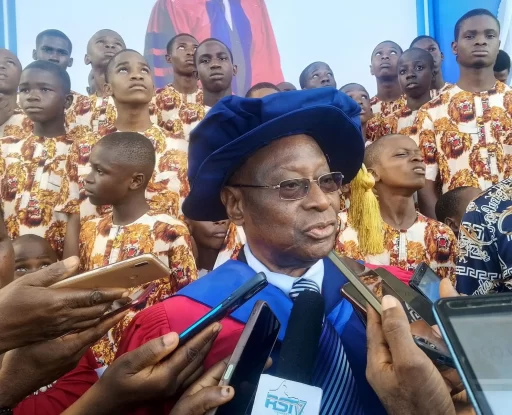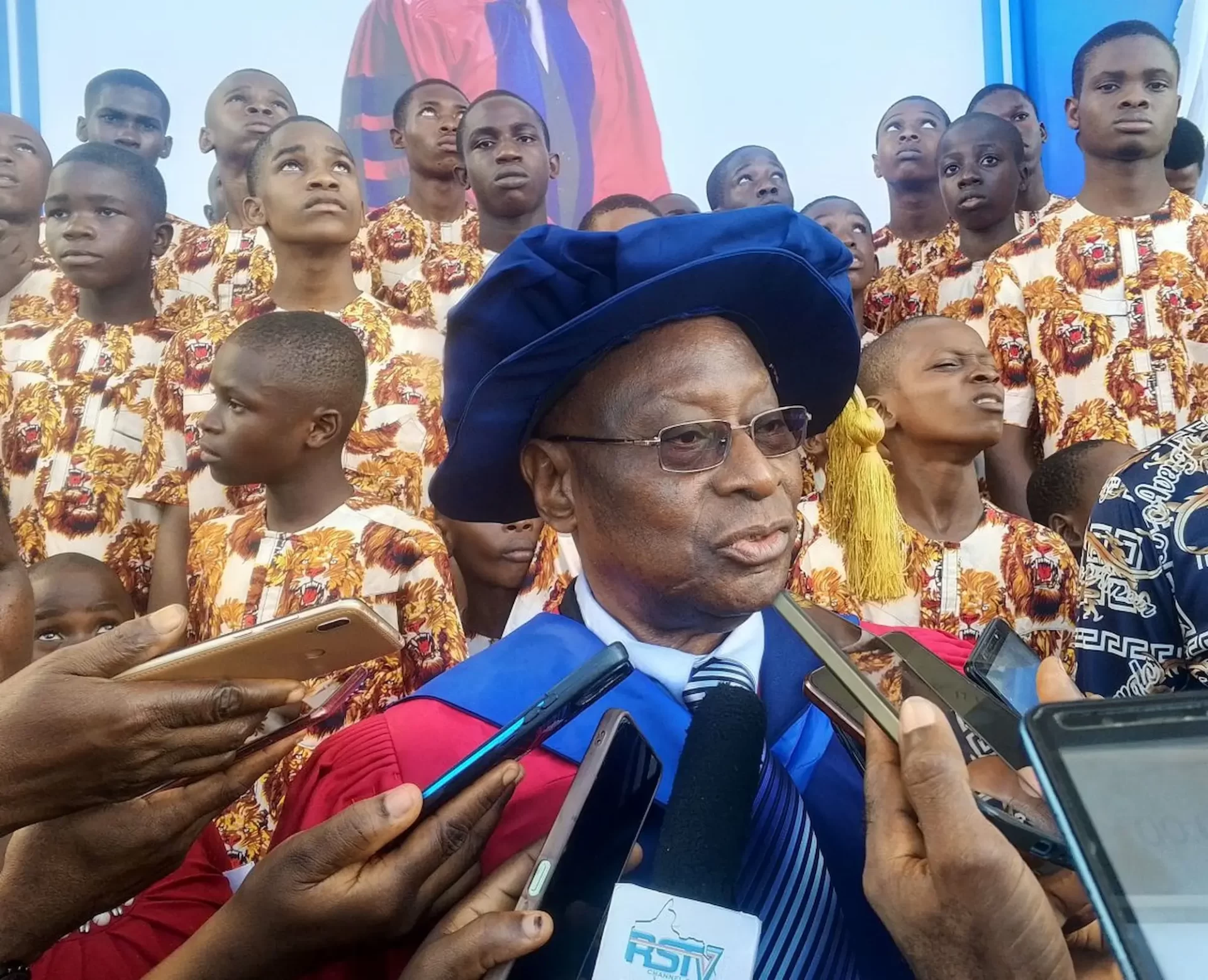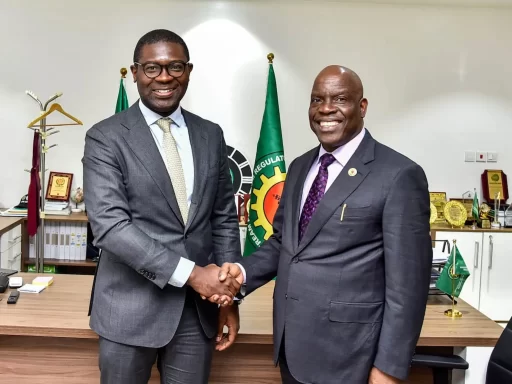Oil Theft Rooted in Poverty, Neglect of Resource Owners — Prof. Ideriah
By Naija Enquirer Staff
Nigeria’s persistent oil theft crisis and pipeline vandalism are deeply rooted in poverty and the long-standing neglect of resource-bearing communities, according to Prof. Felix Joseph Kio Ideriah, a Professor of Fluid Mechanics and Heat Transfer at Rivers State University (RSU).Speaking after his public lecture titled “Reflections on Engineering Solutions for Nation Building” in Port Harcourt, Prof. Ideriah argued that ending oil theft requires honesty, fairness, and the inclusion of local communities in resource governance.
“Oil theft in Nigeria has to do with poverty,” he said. “The owners of the resources must be considered because every state has mineral resources from Sokoto to Rivers State.”
The retired professor lamented that Nigeria’s current resource management structure undermines equity and sustainable development in the Niger Delta region.
“Nigeria started with agriculture — groundnuts in the North, cocoa in the West, and palm oil in the South — and it was 50 percent derivation,” he recalled. “When crude oil showed up, it knocked it down to one percent, and the owners whose land the crude oil is found are not considered. That’s the truth, and if you don’t solve the truth, you go nowhere.”
He emphasized that effective resource management requires not only fair policies but also competent engineering oversight and well-planned project execution.
“First and foremost, the government must look at the feasibility of the project,” he advised. “If it’s a feasible project, then pump 100 percent of the money into it in order to get results.”
Prof. Ideriah expressed concern over the engagement of unqualified individuals in engineering works across Nigeria, noting that such practices compromise infrastructure quality and national progress.
“There must be the right teaching for our engineers,” he warned. “People who are not registered by COREN are doing engineering work all over the country, and that’s a problem.”
He called for the optimal utilization of Nigerian engineers to drive industrial development and technological innovation.
“We have many qualified engineers in this country,” he said. “Government should make use of them — using small steps, and then we can move to the mighty steps for mankind.”
The Vice Chancellor of Rivers State University, Prof. Isaac Zeb-Obipi, who also spoke at the event, emphasized that Nigerian universities possess the intellectual and technical capacity to deliver sustainable solutions to national challenges — including energy, infrastructure, and industrialization.
“Nigeria should reap from the contribution of scholars, serving and retired,” he said. “Prof. Ideriah has provided all his contributions throughout his journey as an academic and till today, his contributions are still relevant.”
He called on both government and the private sector to harness research outputs from universities for national growth. “Anytime we have an inaugural lecture, you will find a professor providing solutions,” Zeb-Obipi noted. “That is why we encourage the federal, state, and local governments, and even industry, to tap into this body of knowledge being churned out every time.”
The RSU Vice Chancellor concluded by noting that Nigeria’s academic community continues to produce practical and innovative solutions capable of transforming the nation’s economy if only policymakers are willing to listen.
“Universities in Nigeria have what it takes to build this country,” he said. “We just need to apply the knowledge.”
The lecture, which centered on engineering solutions for nation-building, drew academics, students, and industry professionals who collectively called for stronger collaboration between research, engineering practice, and policy implementation — especially in Nigeria’s oil and gas sector.







